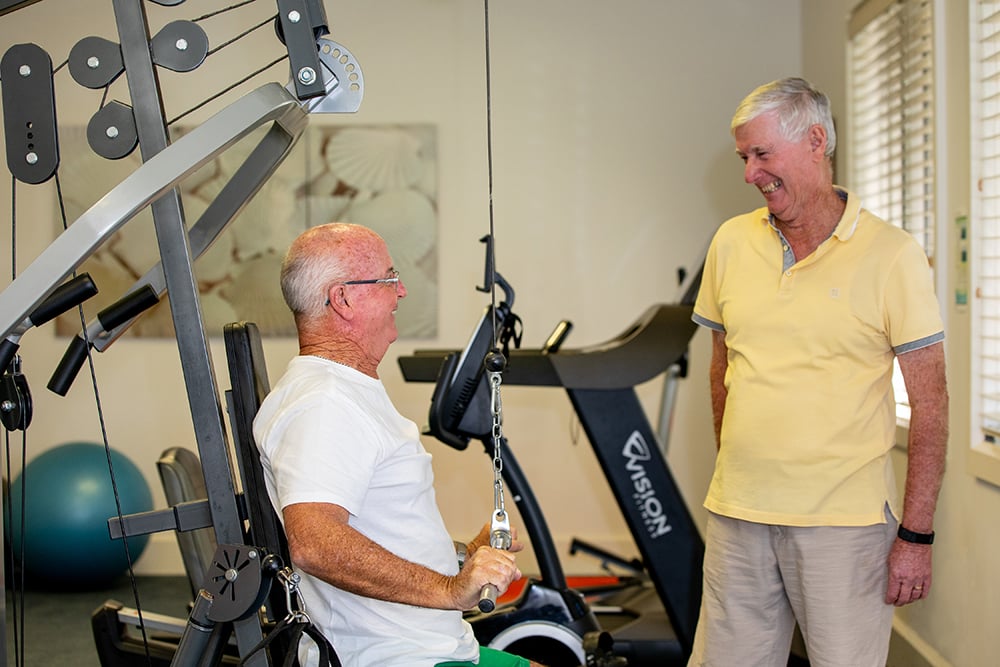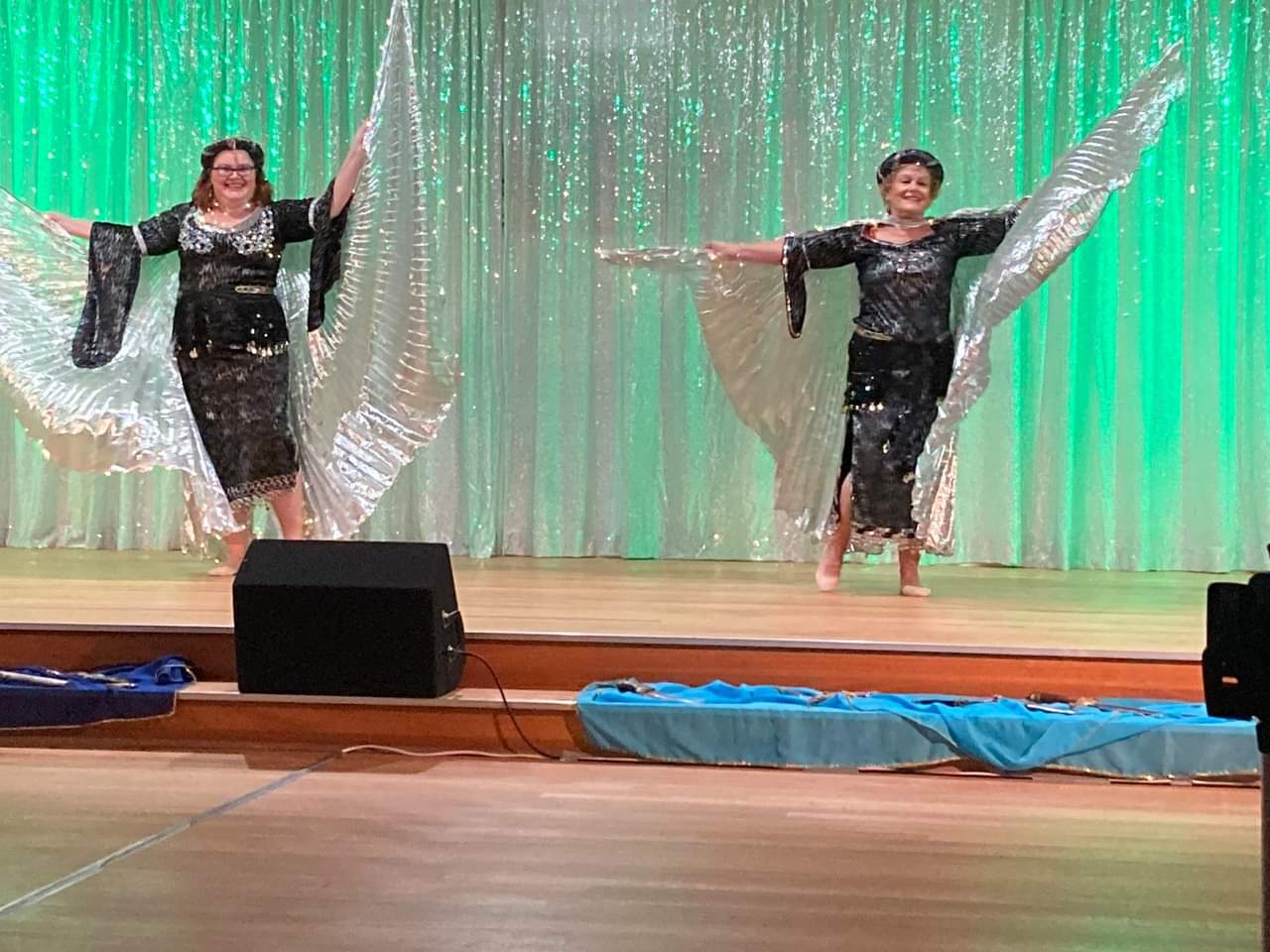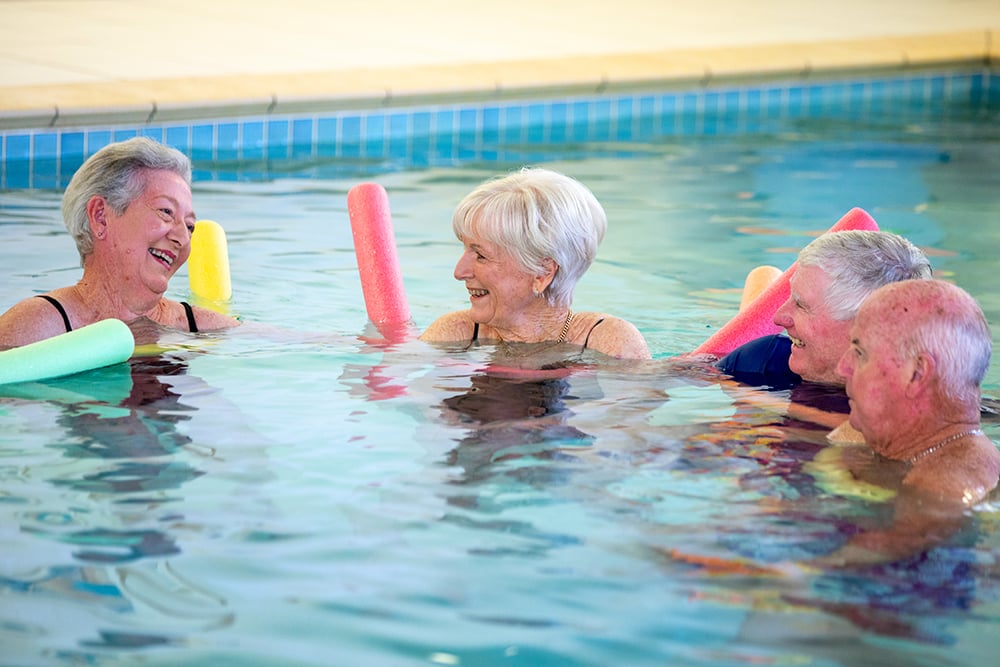Simple, yet important things to consider for retirees
Everyone’s idea of retirement is different. This is your time to plan the retirement you want – one that’s happy, healthy, secure and fulfilling.
As your retirement date approaches, there is a lot to think about, decide on, and start planning. How much money will you need? Where do you want to live? How will you fill your days? What will you do to keep your mind and body healthy? How do you stay connected socially?
Here are ten quick tips to give you food for thought when it comes to creating the retirement you’ve always dreamed of.
1) Start your retirement planning early
It’s never too early to start visualising your ideal retirement. Do some research, talk to people who have retired. Lists can be helpful, so make one outlining the benefits and the disadvantages of all the options you discover. It will make it easier when it comes to deciding what’s right for you.
2) Think about where you want to live in retirement
This could be geographically, such as a sea change or move to the country, or the style of home you want to spend your retirement years in. Do you want to stay living in your family home, or move to a maintenance-free home in a retirement community where a team of people look after all those fix it jobs for you?
This is a big decision, so take your time. Talk with family and friends if you need to, and remember, at the end of the day, this is your retirement, so it’s your decision. Make sure you are doing what feels right for you.

3) Decide how you want to spend your days
In retirement your needs may be simple; just a small circle of friends and family you meet up with regularly, an exercise class or two, and a hobby that keeps your mind active. Or perhaps you plan to squeeze as much out of your retirement as possible by filling your diary with new activities, adventures, and people.
Of course, you may know until you reach your retirement. Some people live busy working lives and look forward to doing very little when they retire, while others want to keep the momentum going and stay very active. There is no ‘right’ way to retire, only what’s right for you.
You may want to do some research into the types of things that would bring you a sense of fulfillment once you leave your working life behind.
4) Get some financial advice
How do you want to live in retirement? Do you imagine staying in your own home, or downsizing into something more manageable in a retirement village? How often do you want to travel and to where? What about other lifestyle choices in retirement? How much will it all cost?
Most people end up retired for longer than they expected. This can be a problem if you haven’t planned financially for living a long life. It’s wise to seek the advice of your accountant, a financial planner or someone who specialises in retirement. It will be worth the investment and if you consult them early, you may be able to maximise your savings to greater support the lifestyle you want.
5) Look after your social wellbeing
Friendships and social interaction are extremely important once you’ve retired. If you lock yourself away, you run the risk of suffering in many ways – both emotionally and physically. If you’re well entrenched in your local community and want to enjoy your retirement there, that’s great! You may however that find your neighbourhood has changed over the years. Your family has moved away, friends have relocated and there’s nobody left you can really relate to.
Retirement villages provide an instant community of people of a similar age, with a wide range of interests and plenty of time to enjoy life. It’s a comfort knowing that you have friends close by to chat with or share special activities and occasions with.
6) Think about the worst case scenarios
Life is filled with unexpected events. Much as you might think things won’t change, as you age they are guaranteed to. Think about the ‘what ifs’ that may present themselves after you retire. What if you or your partner get sick or incapacitated? What if your finances are affected between now and when you retire? What if your partner passes away? What if you live past 100?

These are all scenarios nobody wants to think about. It’s important though that you plan for the unexpected. Then if it doesn’t happen, you will be better off. You may like to discuss these with your financial planner to ensure you are covered for whatever life presents to you.
7) Make your health a priority
If you look after your mental and physical health, and do things that make you happy, you’re more likely to enjoy a long and satisfying retirement. In your community and definitely in a retirement community, you’ll find a host of activities to keep your body and mind moving.
You might enjoy learning a new skill, taking an exercise or movement class, or volunteering with a charity to keep your mind engaged and your social networks expanding.
Modern retirement villages offer wonderful facilities designed to keep you active. They may also have regular visits from health care providers or be located a short distance from medical centres making it easier to keep on top of any health challenges.

8) Get your affairs in order
Peace of mind is so important in your retirement years, so it’s time to get your affairs in order. Enlist the help of family if you need to or consult with a professional. It’s advisable to review your estate plan at least every three years.
Planning your estate properly allows you to pass on the right assets to the right people at the right time. Revisit your Will and ensure it is up to date. Consider an Enduring Power of Attorney and medical care directive. These can help your family carry out your wishes if you’re not able to make decisions yourself.
9) Prioritise your safety and security
Something else that will give you peace of mind in your retirement is knowing your home is secure and you feel safe in your community. Too often people retire and as they get older, start to lock themselves in their homes for fear of their own safety. That’s not any way to live.
In comparison, retirement communities focus on the safety and security of their residents. There are well-designed, well-maintained, and well-lit streets and amenities, often security cameras, and live-in managers or staff for added security. The houses often include features that take into consideration the safety needs of residents as they age.
10) Do your research on retirement living options
One of the best tips as you head towards retirement is to do your research – whether that’s online, chatting with friends, or getting out into the community. You may only have a vague idea of how you see your retirement, but asking questions can help give you clarity.
You might also visit a few retirement villages so you can see exactly if retirement community living is something that might suit your needs.
Add Renaissance to your ‘must visit’ list!
When you’re planning your retirement, it’s a great idea to learn more about what life is like in a resort-style retirement village community. We’d love you to come visit us at Renaissance Retirement Living at beautiful Victoria Point.
We have a monthly small group information session where we answer all your questions about retirement living. We can take you on a tour of our wonderful community and walk you through all your retirement accommodation choices. You can even spend time chatting with our residents and find out why they love retirement living at Renaissance.
Call today on (07) 3820 7700 or contact us to book into our next information session.


